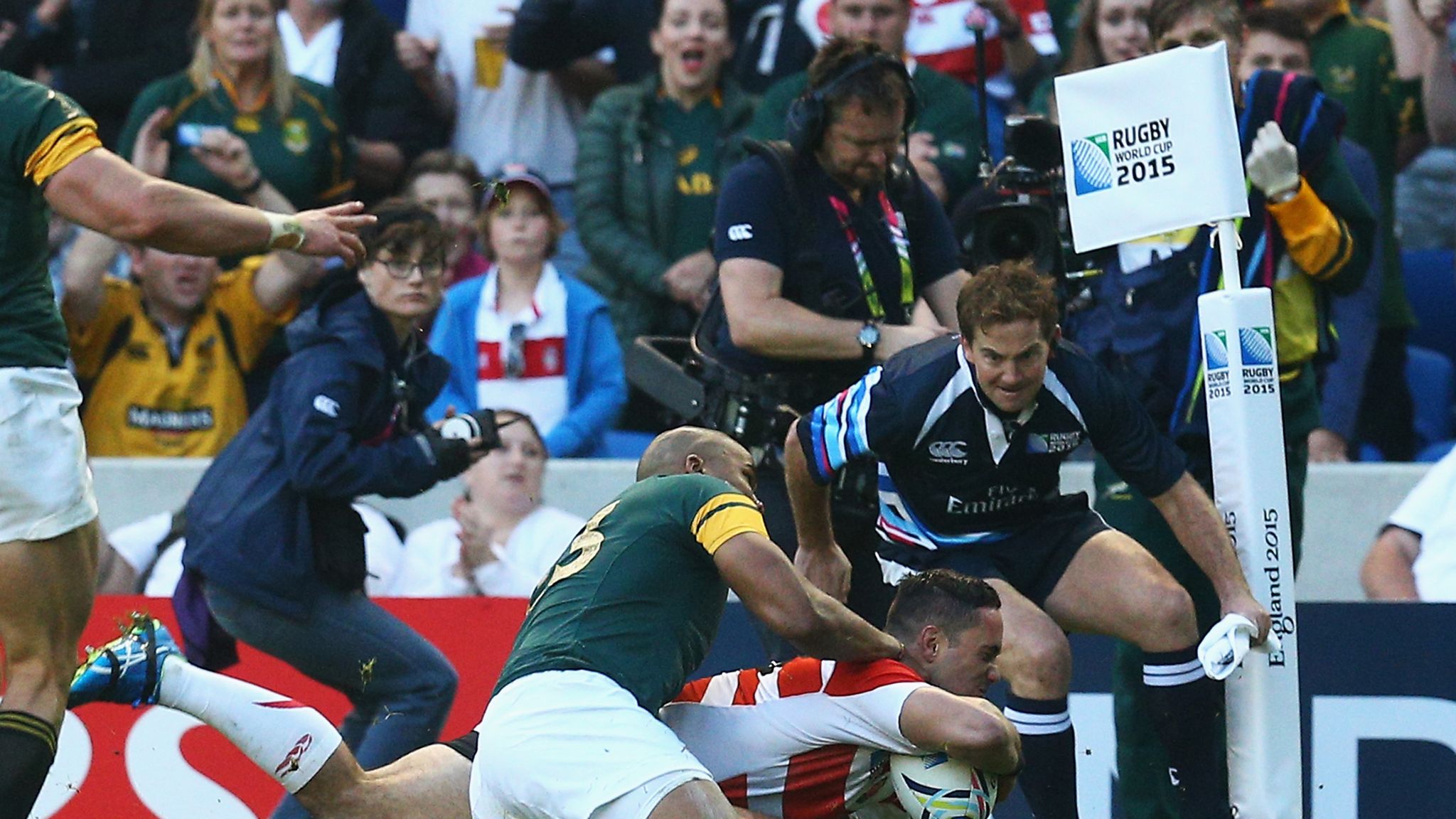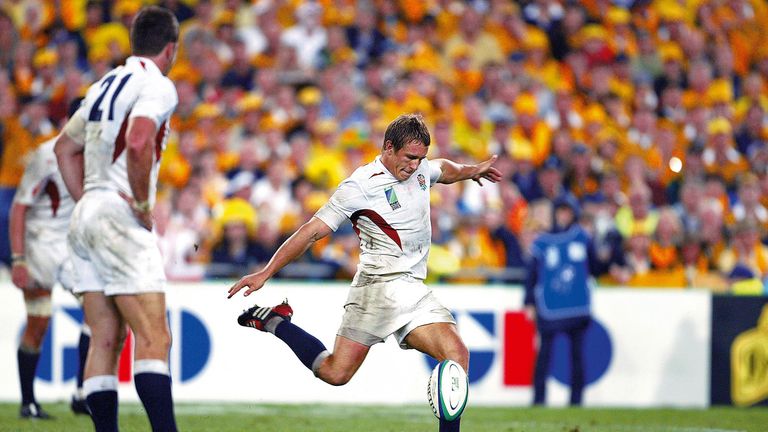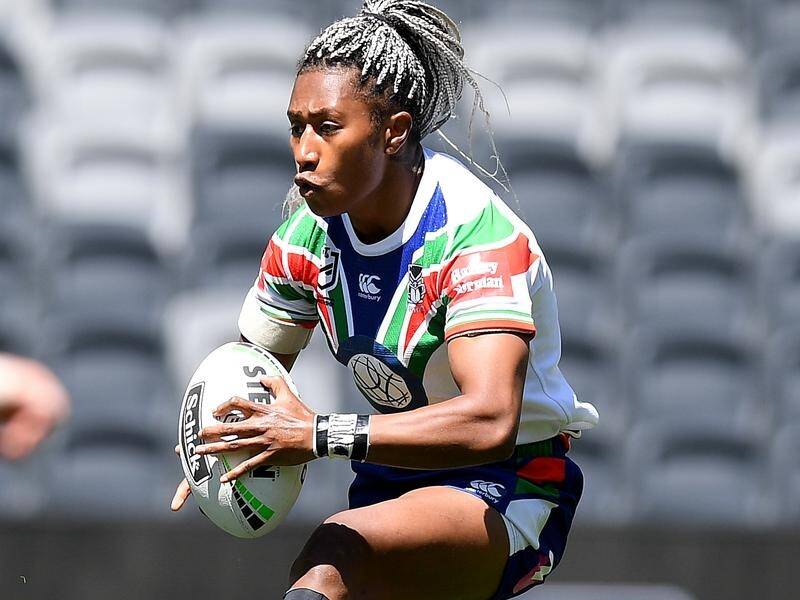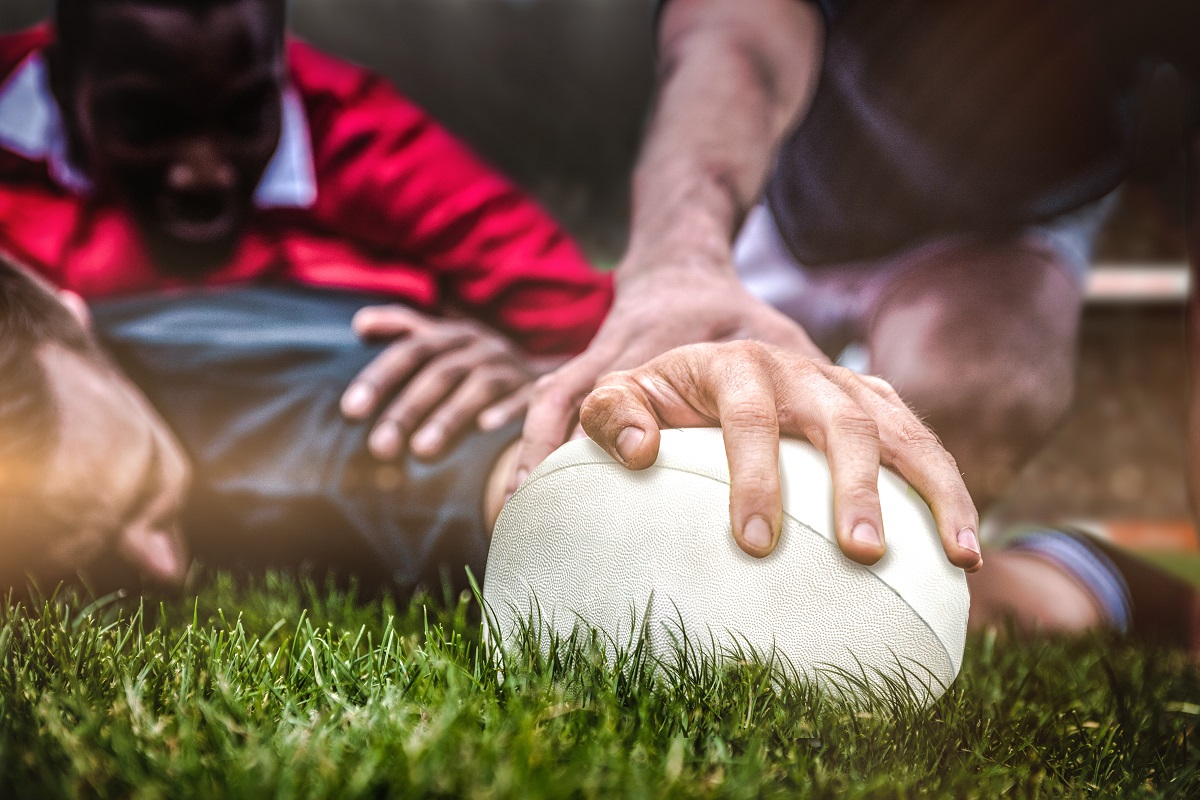Rugby is a physically demanding sport that requires endurance, strength, agility, and mental toughness. To perform at peak levels, rugby players need to pay special attention to their fitness and nutrition. In this article, we will discuss rugby fitness and provide tips on how to train and optimize nutrition for optimal performance.
Training for Rugby Fitness
Rugby players need to develop a range of physical attributes, including speed, agility, strength, and endurance. The following are some essential training exercises that can help rugby players maximize their fitness levels.
- Sprint Training – Rugby requires a lot of sprinting, so it’s essential to develop a good level of speed. Sprint training can be done in various forms, including hill sprints, interval training, and track sprints. Focus on short sprints of 20-30 metres at high intensity.
- Strength Training – Rugby players need to be strong to compete at a high level. Strength training exercises such as bench press, squats, and deadlifts can help develop overall body strength. Focus on compound lifts that work multiple muscle groups.

- Plyometrics – Rugby requires explosive movements such as jumping, tackling, and changing direction quickly. Plyometric exercises such as box jumps, medicine ball throws and hurdle jumps can help develop explosive power.
- Endurance Training – Rugby players need to be able to perform at high levels for extended periods. Endurance training can be done through running, cycling, and rowing exercises. Focus on training at a high intensity for 30-60 minutes.
Optimizing Nutrition for Rugby Fitness
Nutrition is a critical element in maximizing rugby performance. The following are some essential nutritional tips for rugby players.
- Carbohydrates – Rugby requires a lot of energy. Carbohydrates are an essential source of energy for the body. Focus on consuming complex carbohydrates such as whole wheat pasta, quinoa, and sweet potato.
- Protein – Protein is essential for muscle repair and growth. Rugby players should aim to consume 1-1.5 grams of protein per kilogram of body weight. Focus on lean protein sources such as chicken, fish, and lean beef.

- Hydration – Rugby players need to stay hydrated to maintain performance levels. Aim to drink at least 2-3 litres of water per day, and consume additional fluids during and after training sessions and games.
- Recovery – Recovery is an essential element of rugby performance. Focus on consuming a mix of carbohydrates and protein within 30 minutes after training or games. This will help the body recover and prepare for the next session.
To perform at a high level in rugby, players need to develop a range of physical attributes and optimize their nutrition. The training exercises described above can help rugby players achieve peak fitness levels. Proper nutrition including carbohydrates, protein, hydration, and recovery can help players maintain energy levels, build muscle, and repair tissue. By following these tips, rugby players can maximize their performance levels and excel in the sport.












